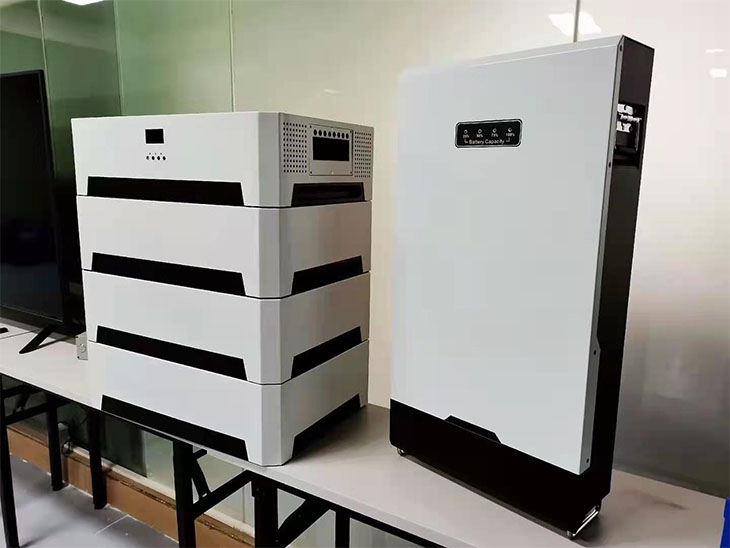- 30
- Nov
The advantages of LiFePO4
Relion-Blog-Stay-Current-On-Lithium-The-LiFePO4-Advantage.jpg#asset:1317 Compared with lead-acid batteries, lithium batteries have significant advantages, including higher discharge efficiency, longer life and The ability to perform deep cycling while maintaining performance. Although they usually arrive at a higher price, minimal maintenance and infrequent replacement make lithium a worthwhile investment and wise long-term solution.

However, with the exception of electronics enthusiasts, most American consumers are only familiar with a limited range of lithium battery solutions. The most common version is made of cobalt oxide, manganese oxide and nickel oxide formulations.
Although Lithium Iron Phosphate (LiFePO4) batteries are not new, they have only just become popular in the US commercial market. The following is a quick breakdown of the difference between LiFePO4 and other lithium battery solutions:
safe and stable
LiFePO4 batteries are known for their strong safety, which is the result of extremely stable chemical properties. When encountering dangerous events (such as collision or short circuit), they will not explode or catch fire, thus greatly reducing any chance of injury.
If you are choosing a lithium battery and expect to use it in a dangerous or unstable environment, LiFePO4 may be your best choice.
Performance
LiFePO4 batteries perform well in several aspects, especially life span. The service life is usually 5 to 6 years, and the cycle life is usually 300% or 400% higher than other lithium formulations. However, there is a trade-off. The energy density is usually lower than some counterparts, such as cobalt and nickel oxide, which means you will lose some capacity for the price you pay—at least initially. Compared with other formulations, the slower capacity loss rate may offset this trade-off to some extent. One year later, LiFePO4 batteries usually have approximately the same energy density as LiCoO2 lithium-ion batteries.
The battery charging time is also greatly reduced, which is another convenient performance advantage.
If you are looking for a battery that can stand the test of time and can be charged quickly, LiFePO4 is the answer. However, keep in mind that you may trade density for life: if you need to provide more raw power for large applications, other lithium technologies may serve you better.
Environmental impact
LiFePO4 battery is non-toxic, non-polluting and contains no rare earth metals, making it an environmentally conscious choice. In contrast, lead-acid and nickel oxide lithium batteries have significant environmental risks (especially lead-acid, because internal chemicals can damage the team structure and eventually lead to leakage).
If you are not sure what will happen when the battery is exhausted and want to ensure the least impact on the environment, please choose LiFePO4 instead of other formulations.
Space efficiency
Another thing worth mentioning is the space efficiency characteristics of LiFePO4. LiFePO4 is one-third the weight of most lead-acid batteries and almost half the weight of the popular manganese oxide. It provides an effective way to utilize application space and reduce overall weight.
Trying to get as much battery power as possible while losing weight? LiFePO4 is the way to go.
If you are looking for a lithium battery that trades fast energy transfer for safety, stability, long-term performance and low environmental risk, please consider using LiFePO4 to power your application.
